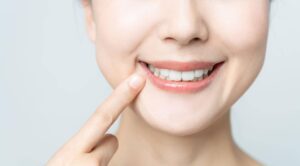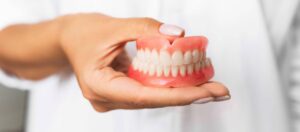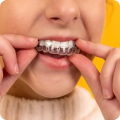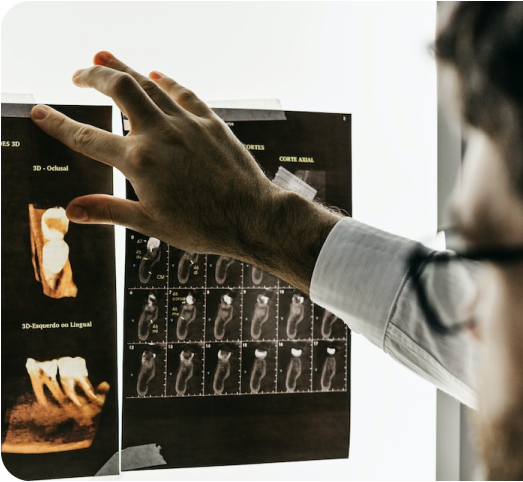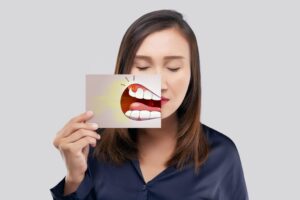
Gum Disease: Causes, Signs & Risks
Gum Disease: Causes, Signs & Risks Gum disease is the leading cause of tooth loss among adults. It is a chronic infection that damages gum tissue and can potentially destroy the jaw bone. However, since this condition is typically painless, many individuals go years without receiving a formal diagnosis. There is no cure for gum disease, but diligent oral hygiene can stop its progression. Causes of Gum Disease Gum disease commonly develops from poor oral hygiene habits that cause plaque and tartar to build up on the teeth. Plaque is a sticky, bacteria-filled film that forms when food interacts with the bacteria in your mouth. When plaque sits on the teeth for an extended period of time, it hardens and transforms into tartar. Professional dental cleanings are the most effective method to remove tartar. Regular brushing and flossing have the power to keep your teeth relatively tartar-free in between cleanings. Although, if tartar stays on the teeth for too long, the bacteria will spread to the gum tissue. Signs of Gum Disease Bleeding gums after brushing or flossing Swollen or red gums Gums that are tender to the touch Receding gums Bad breath Loose teeth Pain when chewing Teeth fitting together differently than usual If you have symptoms of gum disease, schedule a dental exam. The sooner the condition is addressed, the better! Gingivitis is the earliest stage of gum disease and is reversible with excellent oral care. However, failing to treat gingivitis can cause it to progress into periodontal disease. This late stage of gum disease can have serious consequences, such as bone and tooth loss. Periodontal disease is also linked to other health conditions, including diabetes, heart disease, osteoporosis, Alzheimer’s, asthma, and kidney disease. Factors that increase the risk of developing periodontal disease Poor oral hygiene Tobacco use Genetically predisposition Misaligned teeth that are difficult to clean Pregnancy Diabetes Certain medications Forty-seven percent of adults over age 30 in the US have periodontal disease. The condition gets worse over time if it is not addressed. Although a periodontal disease diagnosis doesn’t mean you are doomed to lose any of your teeth. Countless people have stopped the progression of the disease by committing to diligent oral hygiene habits and staying up on recommended dental treatments. It is crucial to keep up on your dental cleanings and exams. Dentists and hygienists can detect signs of gum disease that often go unnoticed by patients. When gum disease is detected early, we can create a treatment plan to restore your gum health and retain your natural teeth. Healthy gums start at home; dental treatments can only do so much! Commit to brushing your teeth for at least two minutes twice a day and floss daily to ensure your smile stays healthy. Published by Dr. Namrata Shah Trending
